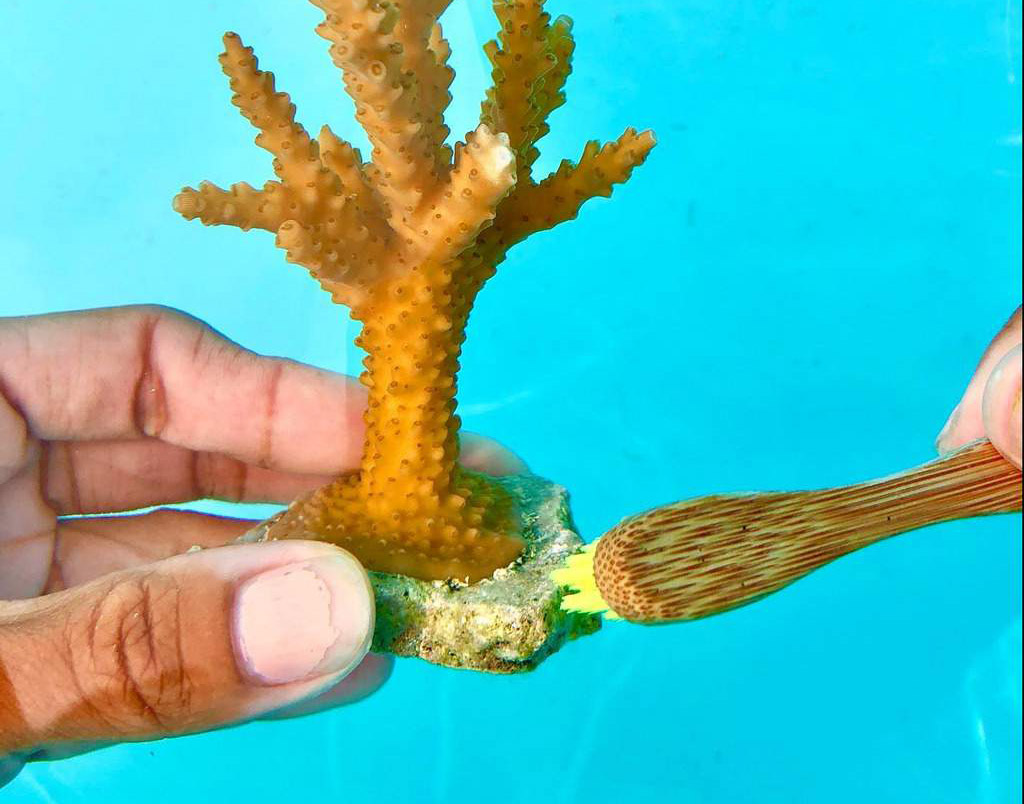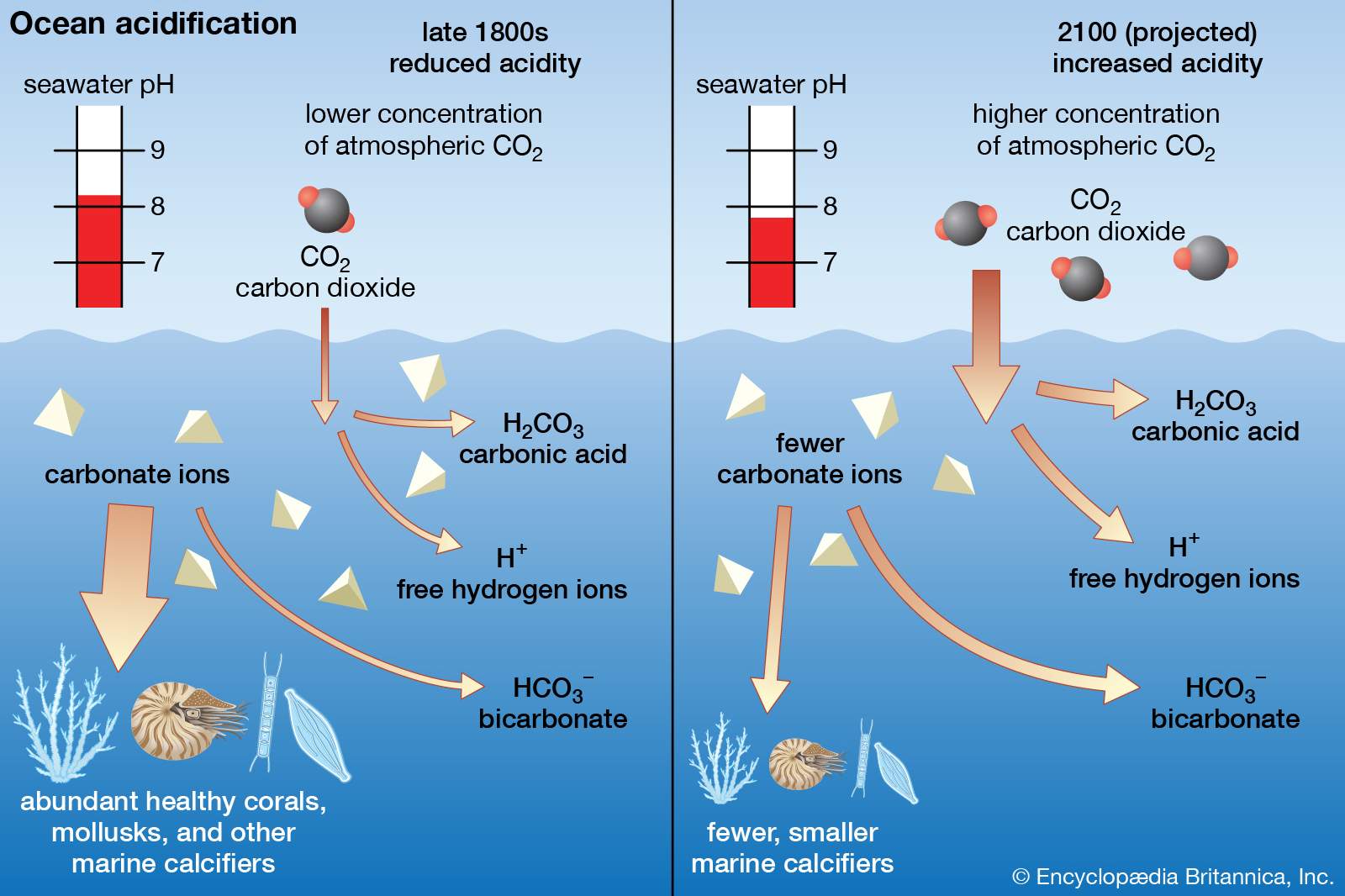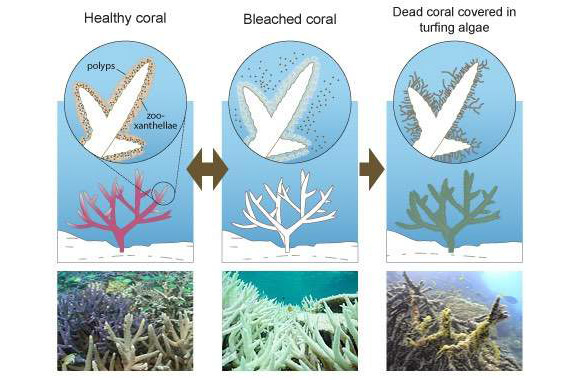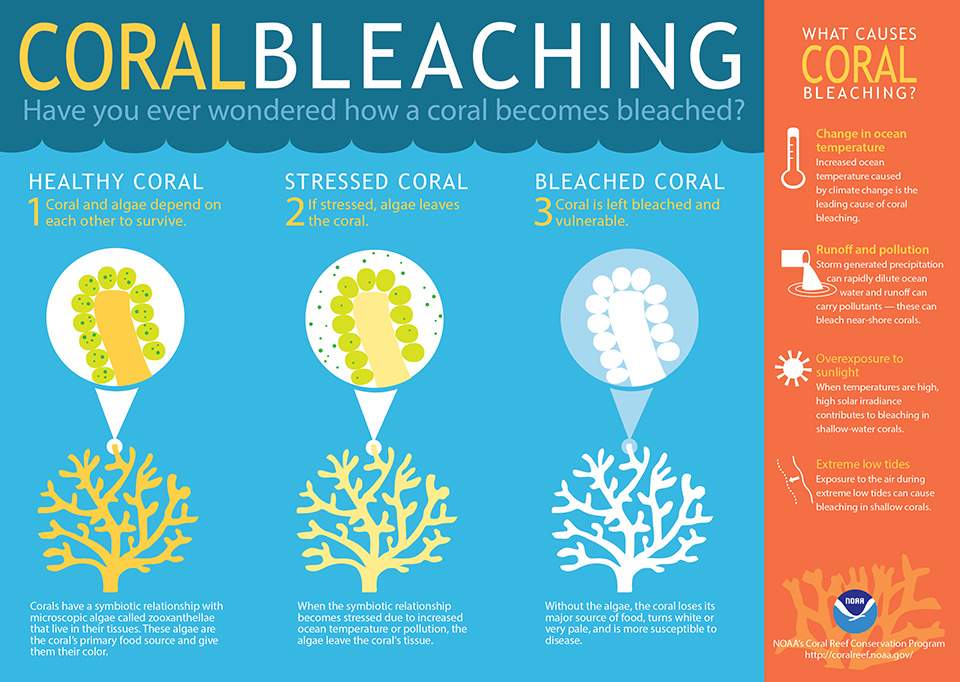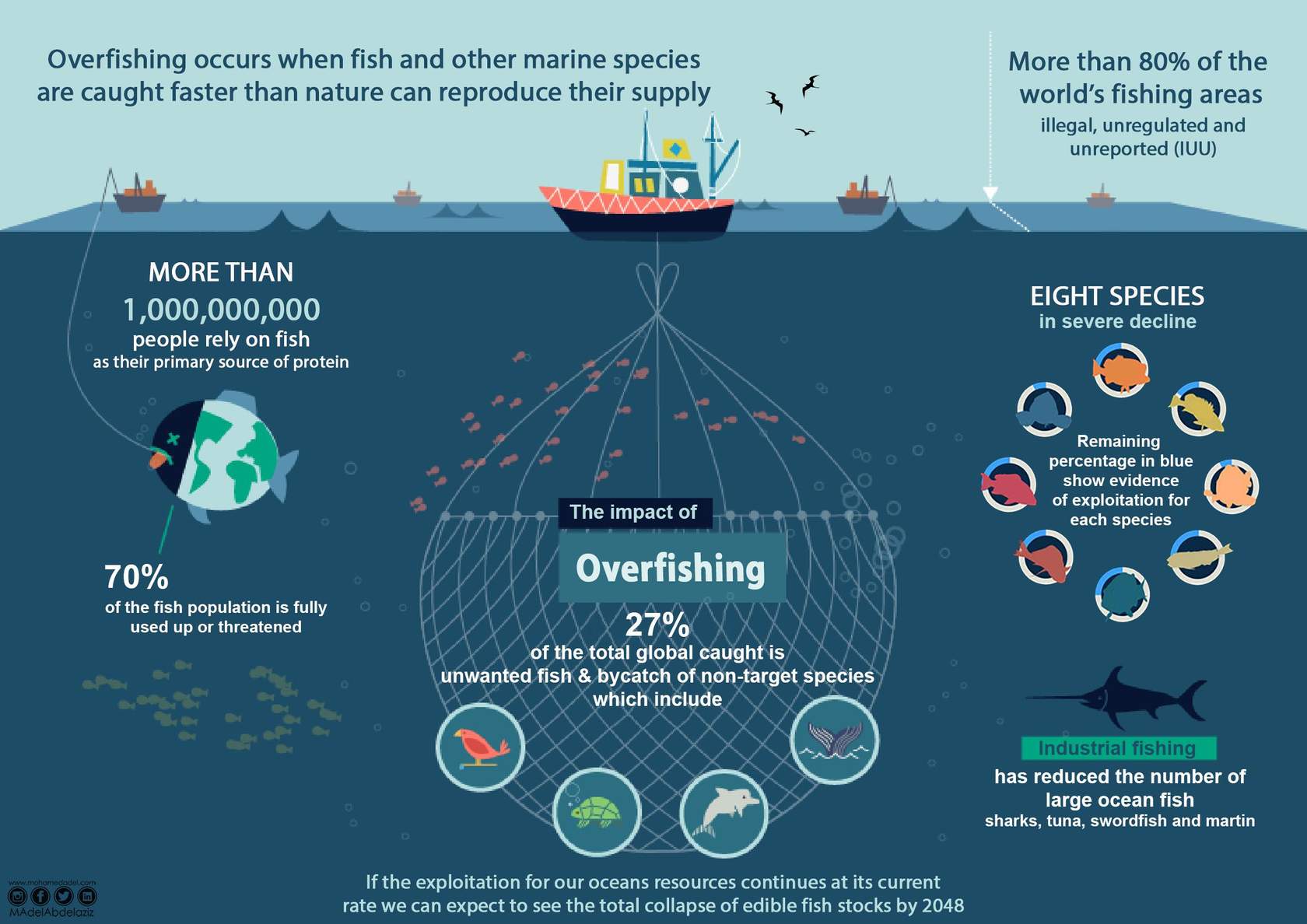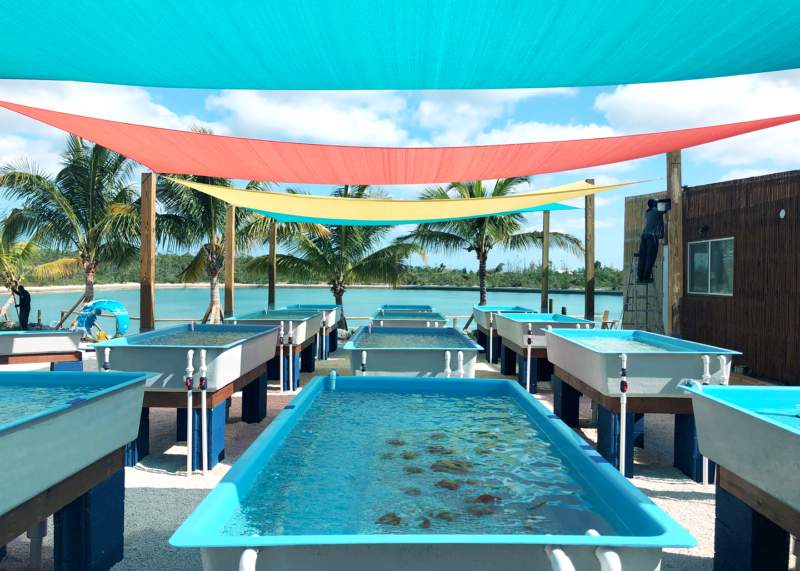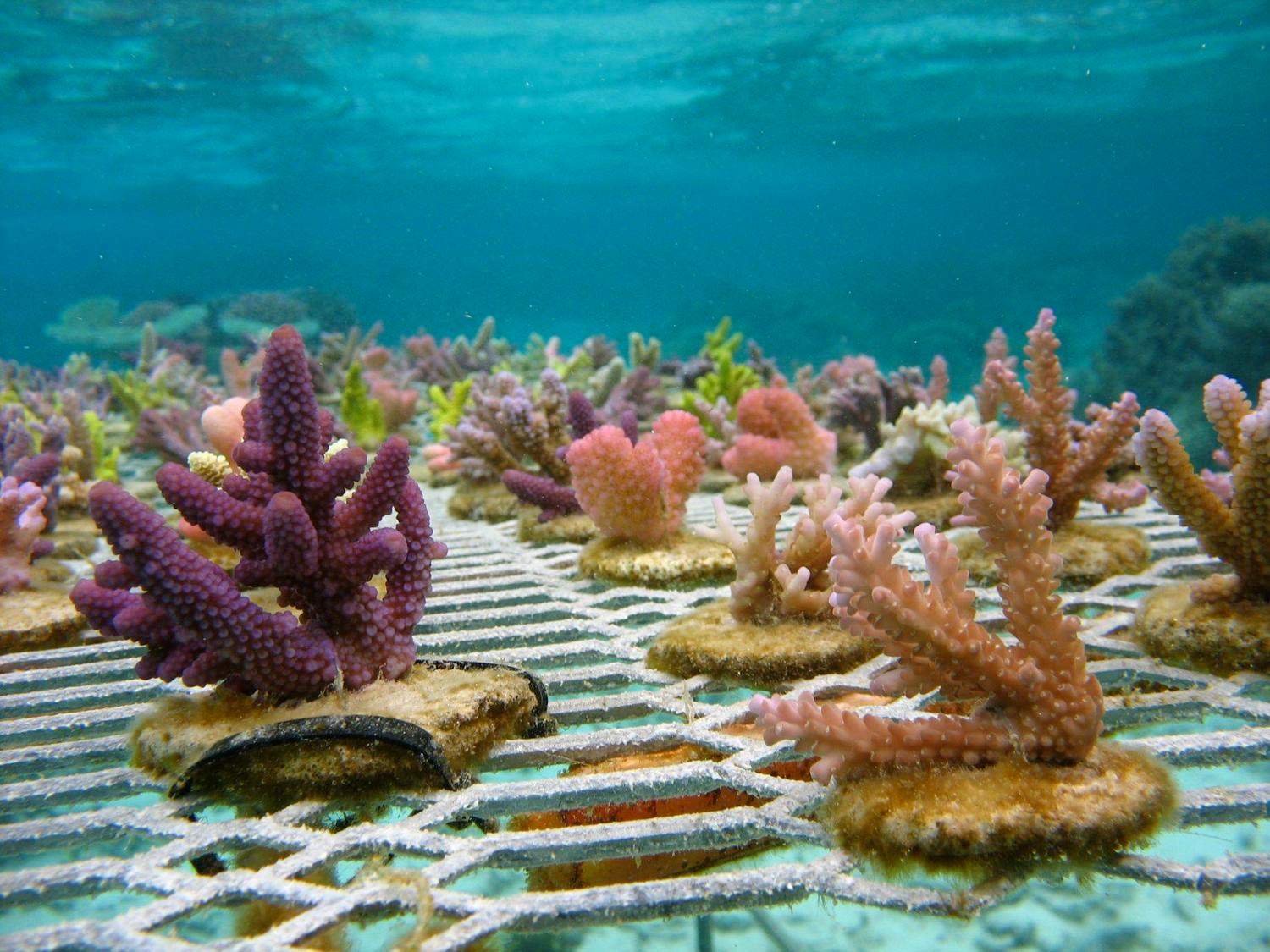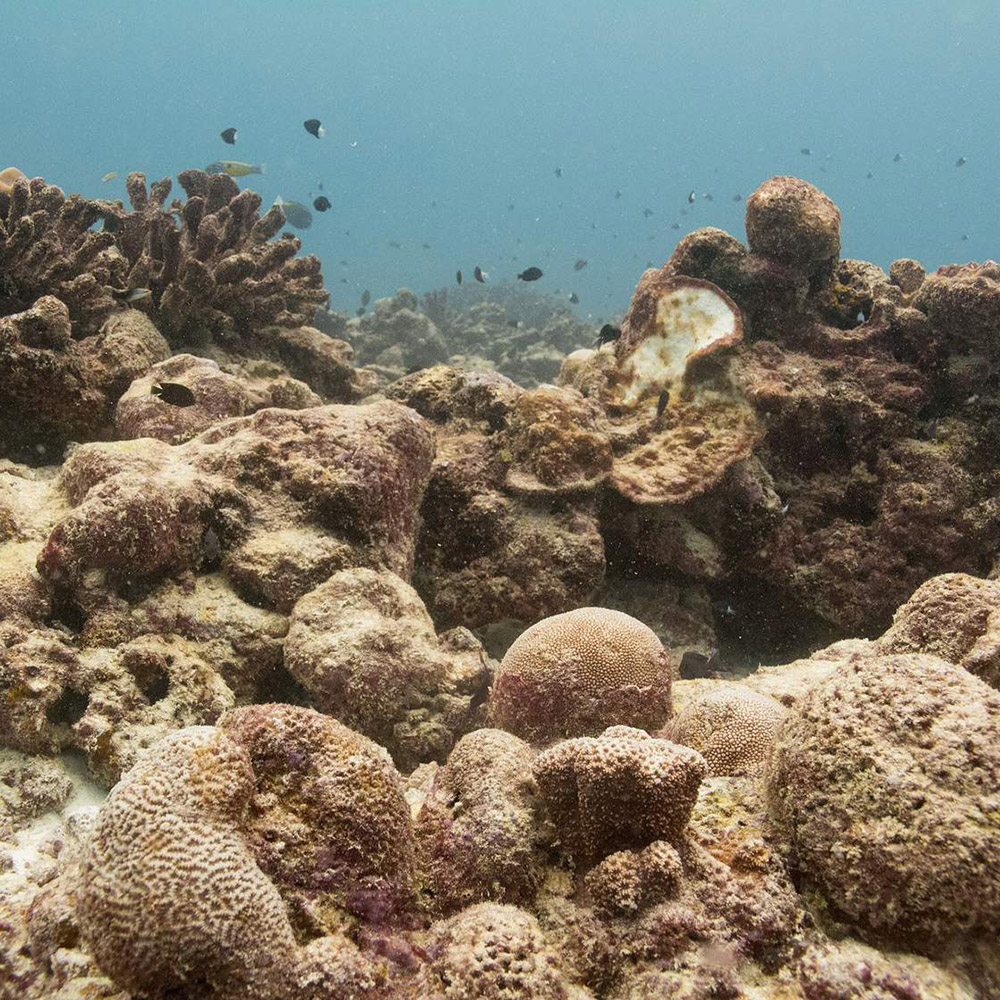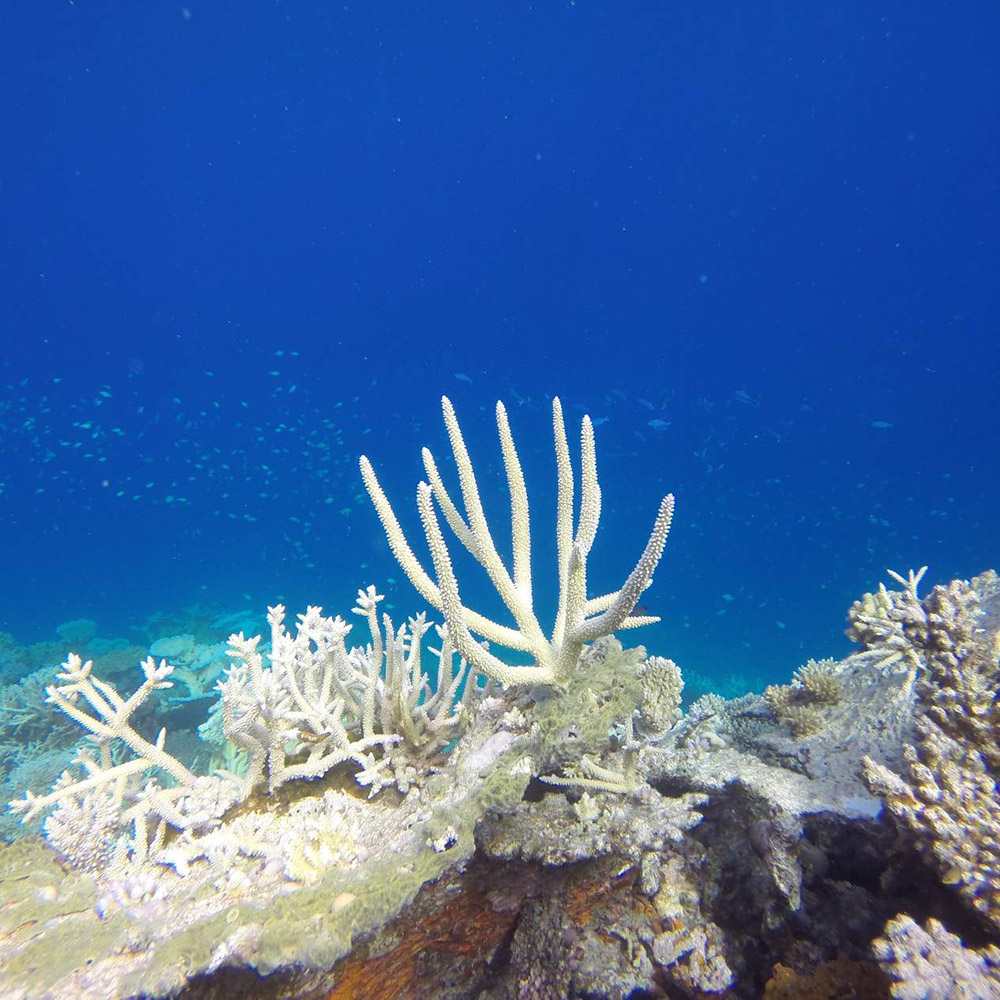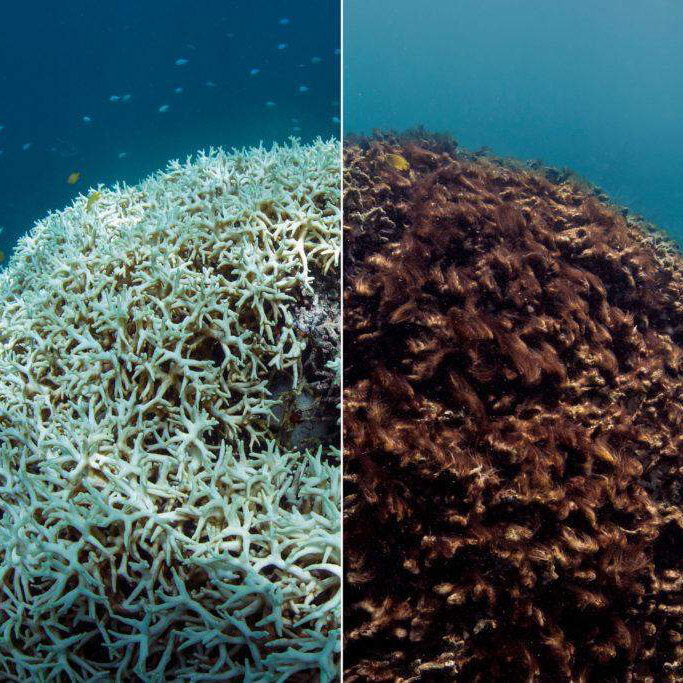
Progress 0%
Ridding the world of unnecessary packaging: Nohbo with Benjamin Stern
World's first land-based coral farm: Coral Vita with Sam Teicher
Climate-resilient agriculture: The Cacao Project with Louise Mabulo
Cleaning up floating ocean plastics: The Ocean CleanUp with Boyan Slat
Eliminating the idea of waste: TerraCycle with Tom Szaky
A circular model for second-hand clothing: FabricAID with Omar Itani
Planting trees, one goal at a time: Trees4Goals with Lesein Mutunkei
Exchanging waste for plants: Eco Star with Fatemah Alzelzela
Innovative technology to reduce rice waste: Rice Inc with Kisum Chan

Sam Teicher
Age when he came up with the solution: 24
Location: Freeport, Grand Bahamas
Sam grew up in Washington, DC and earned his scuba diving certification as soon as he was old enough at age 13. He states this is when he “fell in love with coral reefs.” He attended a local public high school and entered Yale College, where he focused on climate change policy while playing for the school’s rugby team and joining Yale’s Intercultural Affairs Council. Following Yale, Sam worked as the Chief Operating Officer of the non-profit ELI Africa, where he experienced coral farming for the first time while in Mauritius through a United Nations’ grant.
Following his year in Mauritius, he went on to obtain his Master of Environmental Management degree at the Yale School of the Environment. His passion for reefs and his academic work opened his eyes to the problem of global coral reef degradation. He knew that coral reefs are one of the most important ecosystems on the planet and support 25% of all marine life, are a source of food for hundreds of millions of people, and power coastal economies through tourism, fishing and recreation. They also protect coasts against storm surges, waves and erosion. Sam was dismayed to observe coral reef health collapsing around the world due to climate change, overfishing, and pollution, and decided - along with his classmate Gator Halpern - to do something about it.
Recognizing that governments, NGOs, and academia weren’t protecting coral reefs at the levels needed to preserve their health, they launched Coral Vita as a mission-driven business. They were awarded Yale’s first-ever Green Innovation Fellowship, and with a $1,000 grant from the school began their journey to kickstart a Restoration Economy and preserve coral reef health for future generations.
You can find out more about Coral Vita here.

"If the systems we depend on are pushed beyond the point of no return, it’s humanity’s ability to prosper and survive that’s on the line."

Sam Teicher's solution: Coral Vita
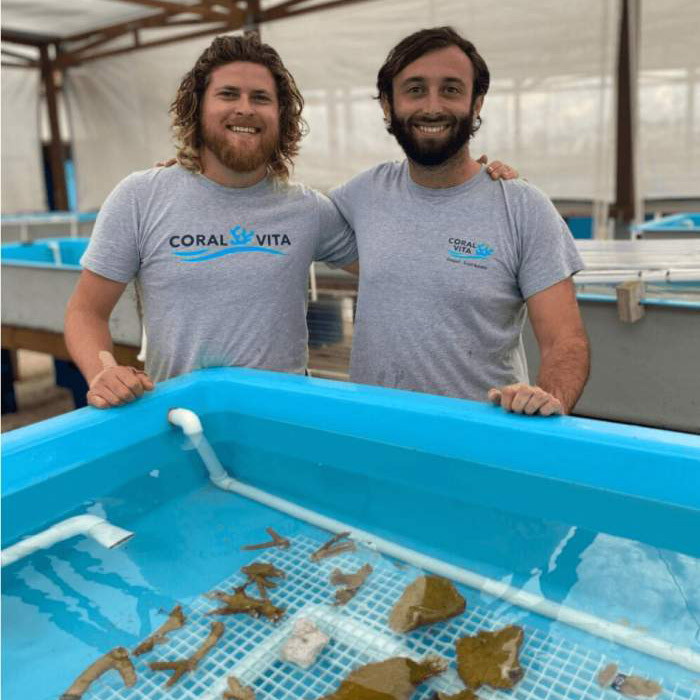
Sam and Gator co-founded Coral Vita in 2017 with $1,000 and set up their headquarters in Freeport, Grand Bahamas. The company’s mission is to create large-scale, high-tech coral farms on land and plant these corals into degraded reefs, thus bringing them back to life.
Photo source: Coral Vita

The company’s scientists partner with leading marine institutes and have succeeded in developing technologies for growing coral up to 50 times faster than normal while boosting their resiliency against the warming and acidifying oceans. A single Coral Vita farm is able to grow millions of resilient corals for planting.
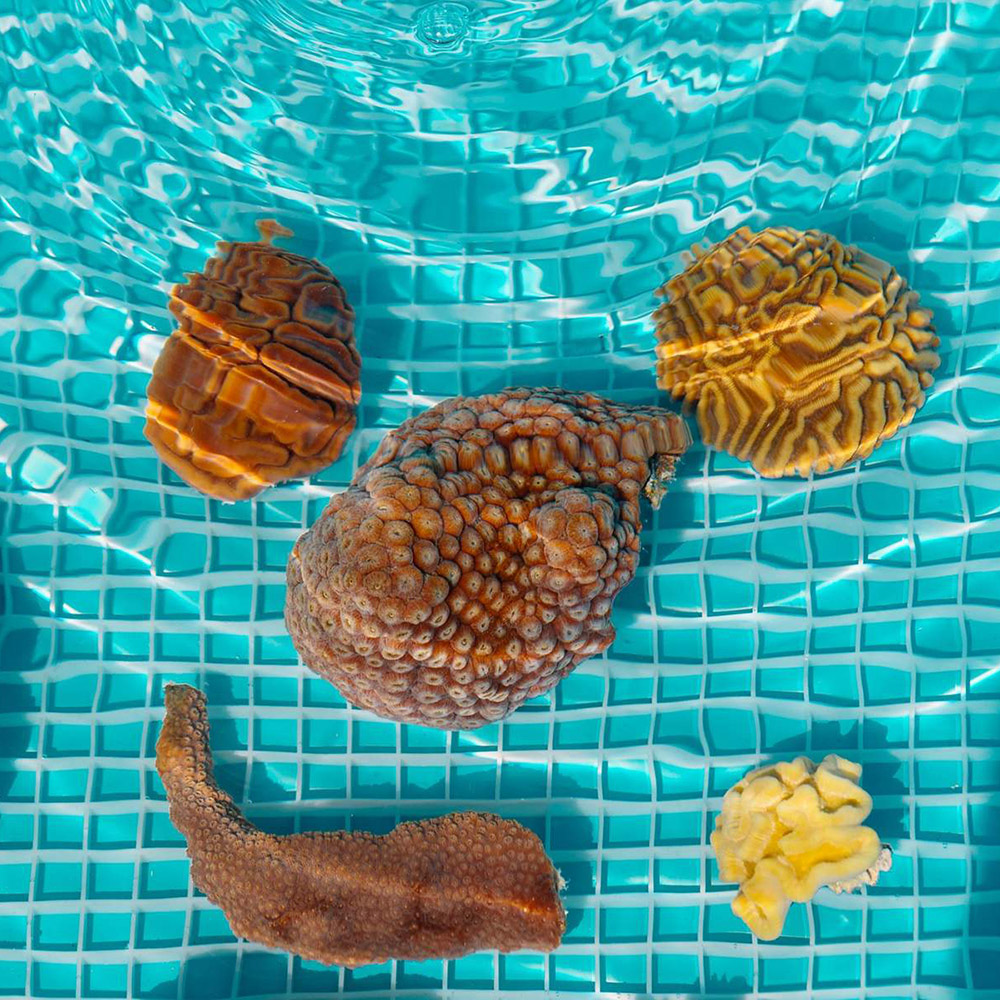
As a business, Coral Vita offers reef restoration services for a fee to clients that benefit from healthy reefs: resorts and eco-tourism operators, governments and marine parks, concerned citizens - especially divers - and communities, and corporations wishing to advance their Corporate Social Responsibility (CSR) initiatives. You can read more about Coral Vita on their website.
Photo source: Coral Vita
Do you have questions?
Ask The Earth Prize Mentors!
Key Concepts

Anthropogenic greenhouse gases result in climate change and ocean acidification. As oceans absorb carbon dioxide (CO2), it changes the oceans' chemistry. Extreme heat events as a result of climate change can cause coral bleaching events which leads to the rapid death of huge areas of reefs. Combined with ocean acidification, climate change threatens to kill the majority of coral reefs. The impacts of climate change on coral reefs are immediate and long-term which result in a vulnerable coral reef ecosystem. (NOAA)
Fish play a central role in the coral reef ecosystem. The impact of overfishing can lead to the depletion of key reef species and damage the coral habitat. Use of nets and traps for fishing often removes herbivorous fish who eat algae and help keep the ecosystem in balance. The loss of such species tends to have a ripple effect not just on coral reef ecosystems, but also on other marine species and local economies that depend on fishing. (NOAA)
Photo source: NOAA
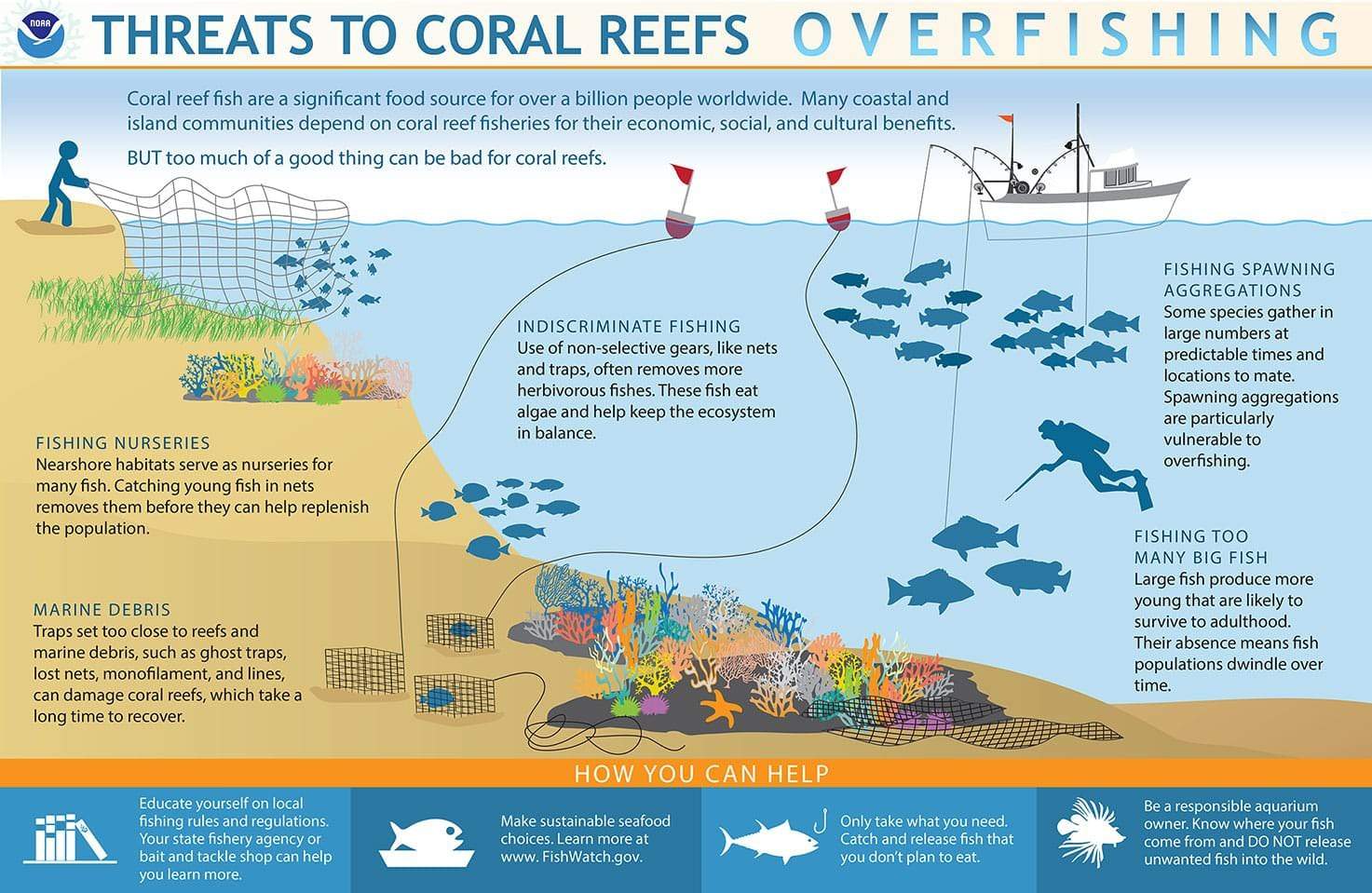
Population growth and the development in coastal areas result in the landscape being altered which increases land-based sources of pollution. Human activities such as deforestation and road construction cause toxin, pathogen, and nutrients pollution. The impact of land-based sources of pollution can prevent coral growth and reproduction, lead to diseases and mortality, and impede overall ecological function in sensitive coral species. (NOAA)
Other change-makers addressing biodiversity loss
See more

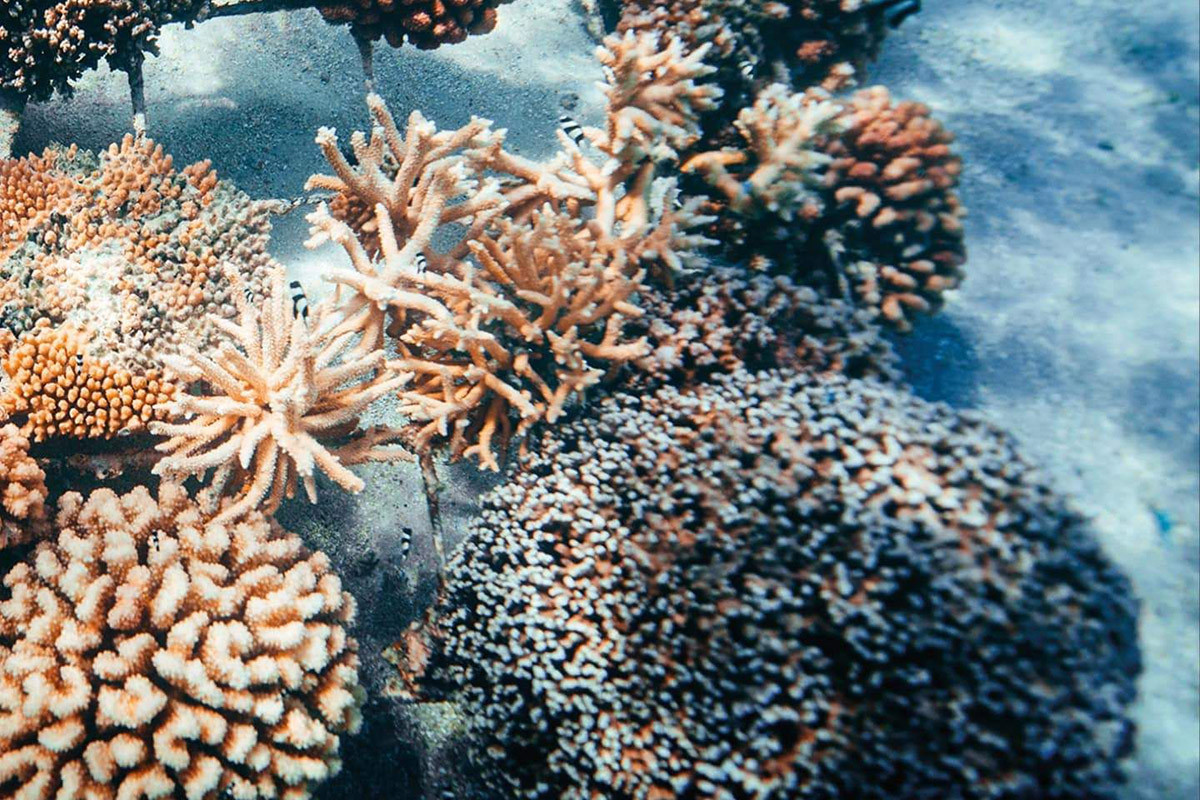
Coral Gardeners (French Polynesia)
See more

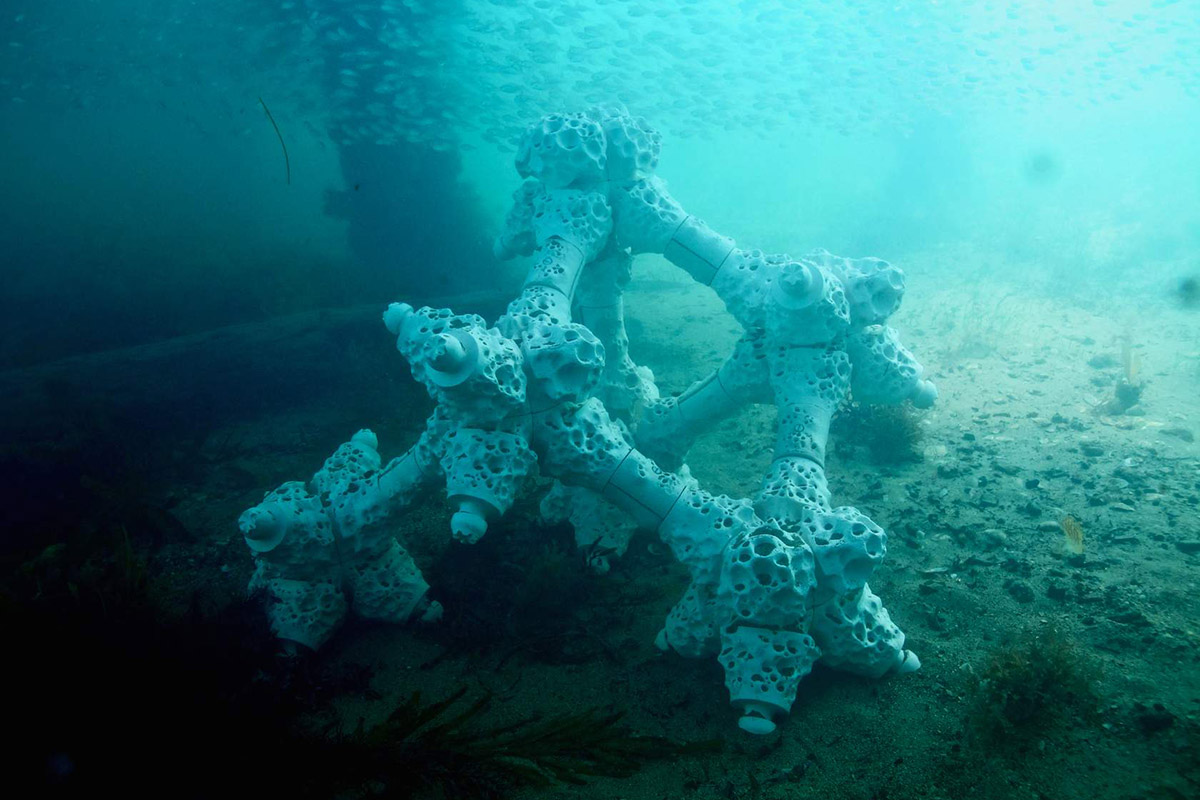
MARS (Maldives)
See more

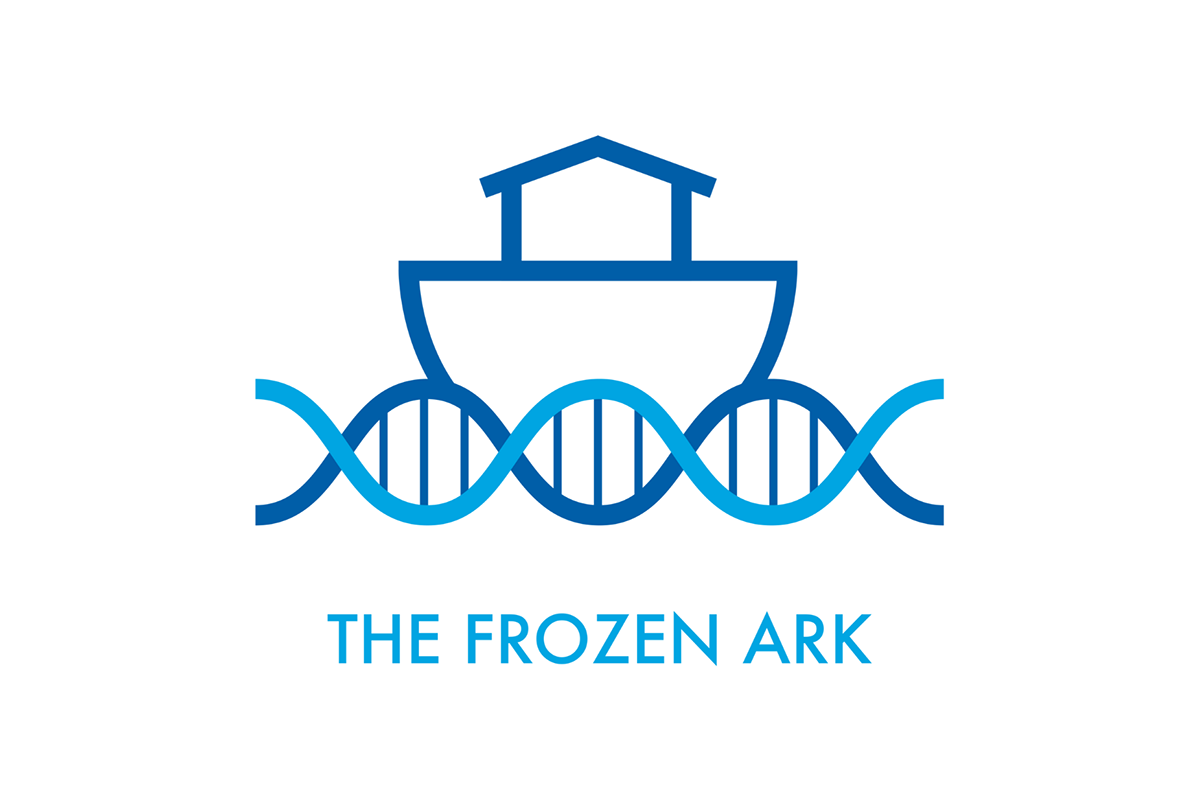
Frozen Ark (United Kingdom)
Do you have questions?
Ask The Earth Prize Mentors!
THIS WEBSITE USES COOKIES
We use cookies to provide you with the best possible experience. They also allow us to analyze user behavior in order to constantly improve the website for you. You can read more about our and .

